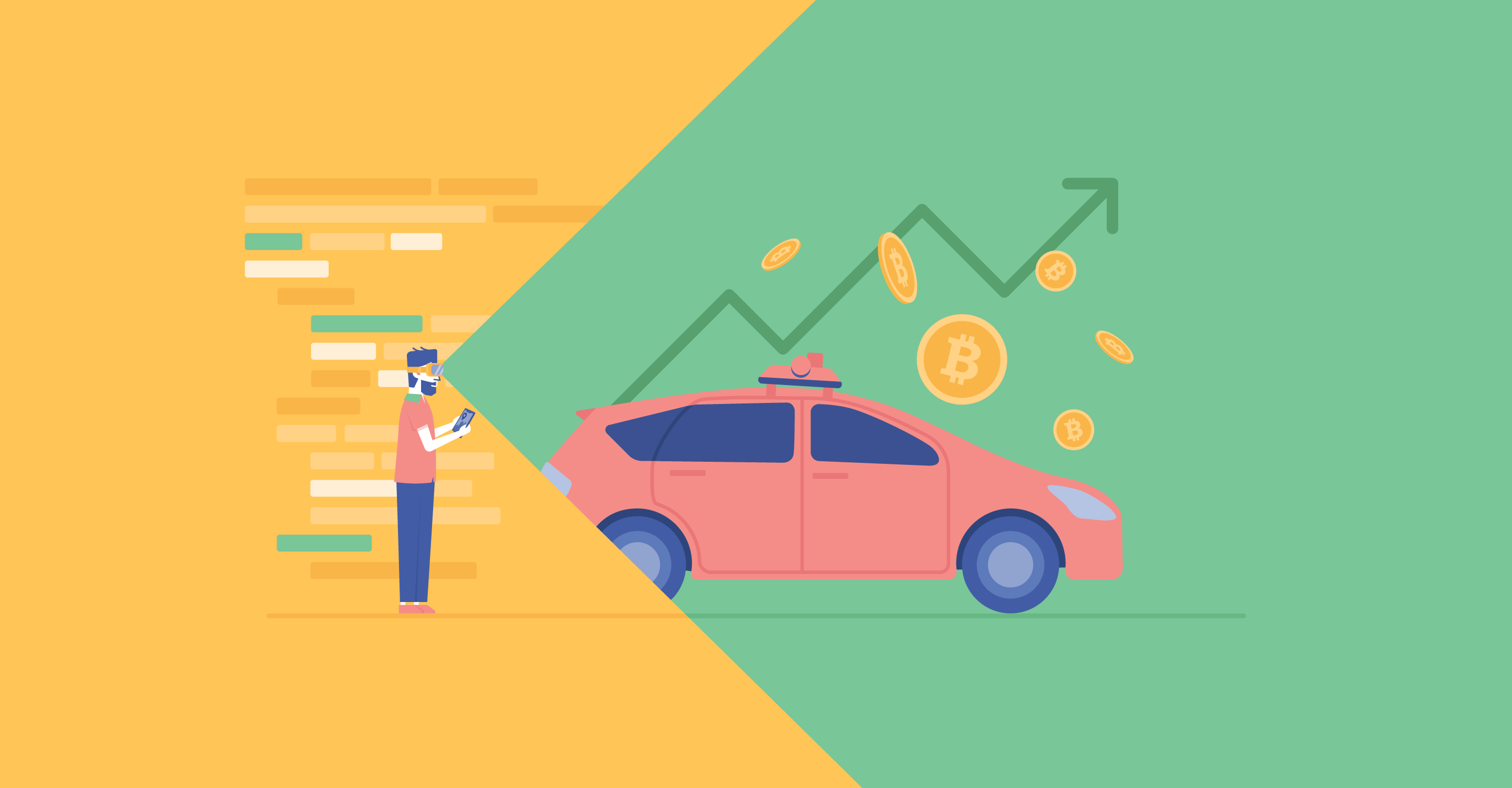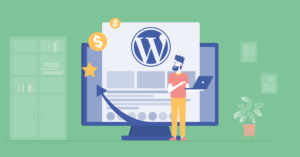Due to the Covid-19 pandemic, many companies have started reviewing their IT environments and are looking towards other technologies to make them fit for the post-covid world.
After all, for many years now, technology has gradually taken over every aspect of our daily lives. The pandemic has simply accelerated this process, as tech became vital for our operations when we were unable to leave the house. Still, some technologies have undeniably made more of an impact than others.
While artificial intelligence has left its mark on virtually all other technologies today, the Blockchain is also slowly but surely revolutionising a number of industries. Here is how leading industries today are now pivoting towards trending technologies.
Artificial Intelligence
Although artificial intelligence, the science of creating machines that can think, act and respond like humans, may not quite have yet reached this potential, it has spawned a large number of incredibly useful subsets including machine learning, deep learning, natural language processing (NLP) and others.
Beyond automating key operations and enabling powerful features such as voice commands, chatbots, facial recognition and — we kid you not — remote forklift driving, at the moment, AI has also become indispensable when analysing sizable datasets. In this way, we can now find patterns in our data that provide us with actionable insights. This is why it is hardly a surprise that companies in healthcare, education and marketing are all flocking to AI faster than you can say “Alexa.”
Blockchain
While the Blockchain is widely known as the technology behind Bitcoin, there are many other applications that go well beyond the realm of cryptocurrencies.
What makes the technology particularly attractive is the fact that it is a decentralised, transparent and immutable digital ledger. As a result, in real estate, blockchain-powered smart contracts can eliminate the need for third parties in both buying and selling transactions. In addition, by pairing Blockchain and IoT, companies in logistics & transportation can significantly improve the customer experience. Users will not only know where their purchase is at any moment in time but what happens if it goes missing or is delayed.
Other industries that stand to massively gain from the Blockchain include advertising, accounting and finance.
Robotics
Today, robotics is mostly centred on automation and building powerful machines that can carry out specific tasks with little to no involvement from humans. In manufacturing, for instance, robots have been automating heavy lifting for years, as they not only are a lot more precise, but can also work 24/7 without suffering any injuries.
With this in mind, it’s no wonder that with so many workers self-isolating due to covid, many companies have been looking at other ways to employ robots in their business processes.
In agriculture, robots are being slowly introduced to make the harvesting process faster and cheaper. There are tractors and harvesters that can guide themselves with GPS technology, and automated machines for weed removal, water and pesticide spraying and mowing.
Similarly, in healthcare, while doctors are already using robotic surgery systems, one thing that is not yet widely available — but remains entirely promising — is robotic prostheses. These prototypes are being tested worldwide and could soon lead to cyborgs dominating our towns and cities.
Virtual and Augmented Reality
When most people hear the terms “AR” and “VR,” they will likely think about gaming first, but with lockdown and social distancing measures affecting everything from entertainment to education, these technologies are being taken to other industries as well to revolutionise the customer experience. In retail, for instance, many companies use augmented reality to let customers experience their products from the comfort of their living rooms. Nike also has a similar feature that can be used to try out their products using nothing but your iPhone or Android’s camera.
Another use case that is increasingly gaining traction is the VR workspace. Imagine a digital collaboration platform where team members are able to meet — no matter where in the world they are — to discuss projects as if they were in the same office. This is already possible with applications such as MeetinVR and Immersed. Unsurprisingly, the concept can also be applied to education, with VR apps including Engage taking online courses to a whole new level.
In Summary
Without a doubt, as time goes on, technology will continue to disrupt and develop the way we live. While Artificial intelligence has use cases for virtually every industry today, the Blockchain may be leveraged by forward-thinking businesses to build a digital world for everyone where we have power over our data. Robots, in turn, may eventually steal some people’s jobs, but they will also create unprecedented opportunities for brand new jobs in a number of industries. And finally, AR and VR have come into the picture to change how we see the world and enhance our day-to-day experience.
Every one of these incredible technologies has the potential to totally transform your business.



